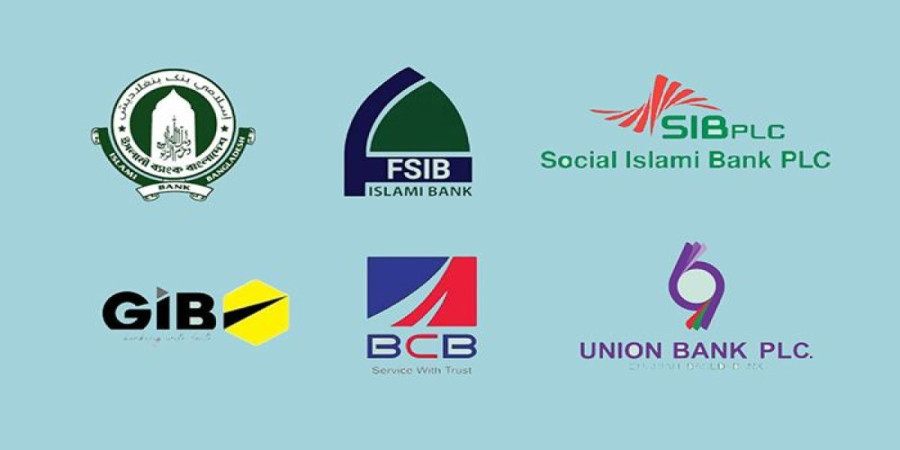
ছবি: Photo: Collected
The Bangladesh Bank has lifted restrictions on the opening of letters of credit (LCs) for six banks previously facing significant financial and governance challenges. These banks—Islami Bank, First Security Islami Bank, Social Islami Bank, Union Bank, Global Islami Bank, and Bangladesh Commerce Bank—will no longer be required to maintain a 100% margin for LC opening.
The decision follows a recent meeting between the central bank and the managing directors of these institutions. It marks a reversal of an August 2024 directive that mandated the 100% margin requirement as part of efforts to stabilize their financial operations.
Background of the Restrictions
In August, following the fall of the Awami League government, the boards of these six banks were restructured to address long-standing governance concerns. Previously, these institutions were under the significant influence of the controversial S. Alam Group, which had faced criticism over its management practices.
The imposition of the 100% margin requirement was intended to mitigate risks associated with LC openings, as the banks had been grappling with financial instability and declining public confidence. However, the measure was met with resistance from the affected banks, which argued that it hindered their ability to conduct regular operations and support trade financing effectively.
Return to Standard Practices
In its latest directive, the central bank instructed the six banks to resume LC operations under standard conditions, removing the stringent margin requirements. This decision is expected to ease liquidity constraints and enable these banks to play a more active role in trade financing, crucial for the country's import-dependent economy.
While the central bank has not explicitly stated its reasons for lifting the restrictions, the move is seen as part of broader efforts to restore normalcy in the financial sector following the political and economic turbulence earlier this year.
Governance and Accountability
The governance challenges faced by these banks were a significant factor in the earlier imposition of restrictions. Critics had pointed to the influence of S. Alam Group, which allegedly used its control over these institutions to prioritize its interests, often at the expense of prudent financial management.
The post-August restructuring of the boards was aimed at reducing such influences and ensuring that these banks adhered to regulatory standards and best practices. The central bank’s recent decision signals confidence in the progress made under the new leadership, though it remains to be seen whether these institutions can maintain stability and transparency in the long term.
Implications for the Banking Sector
The lifting of LC restrictions is expected to have a mixed impact on the banking sector. On the one hand, it could boost trade and economic activity by making it easier for businesses to access financing for imports. On the other hand, concerns remain about the financial health of these banks and their ability to operate without strict oversight.
Industry analysts caution that while the easing of restrictions may provide short-term relief, the underlying structural issues within these banks must be addressed to ensure sustainable growth. The central bank will need to monitor their activities closely to prevent a recurrence of the problems that led to the initial restrictions.
Moving Forward
The central bank's decision reflects a delicate balancing act between supporting economic activity and maintaining financial stability. As these six banks resume operations under less stringent conditions, their performance will be closely watched to assess the effectiveness of the recent governance changes.
The broader banking sector in Bangladesh also faces challenges, including high non-performing loans and limited public trust. Addressing these issues will require coordinated efforts by regulators, policymakers, and financial institutions to build a more resilient and transparent system.
repoter






